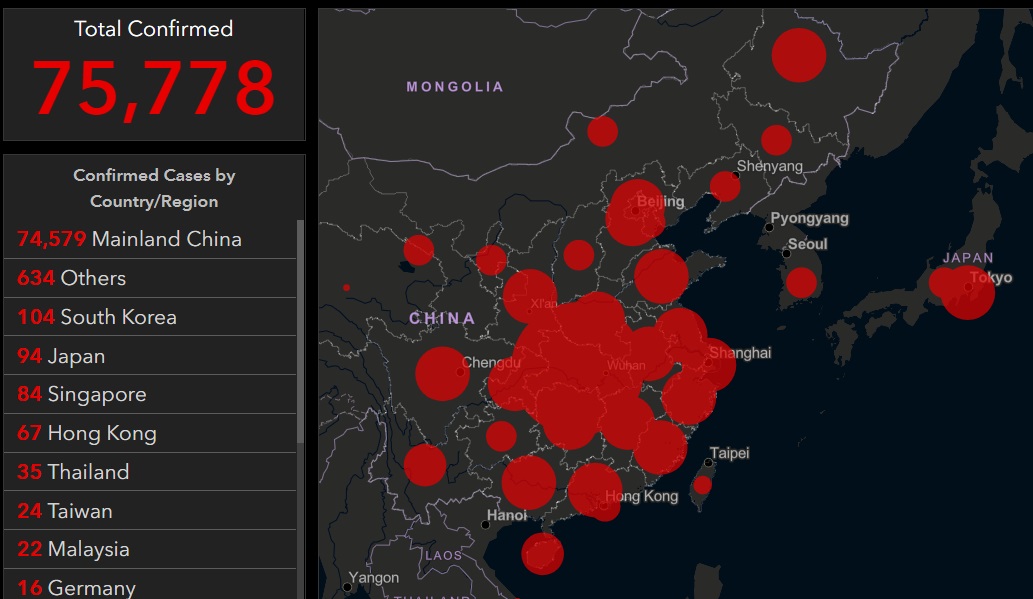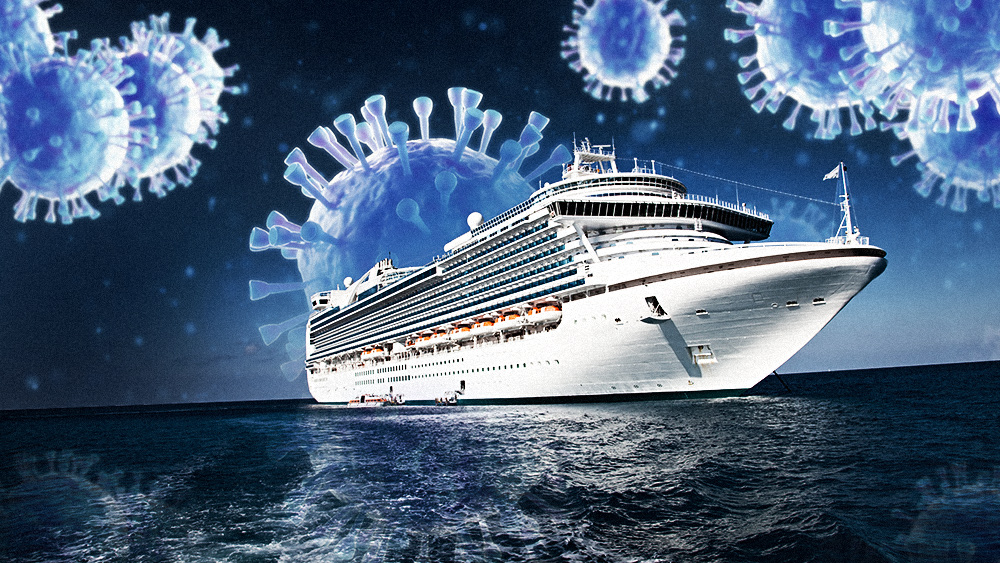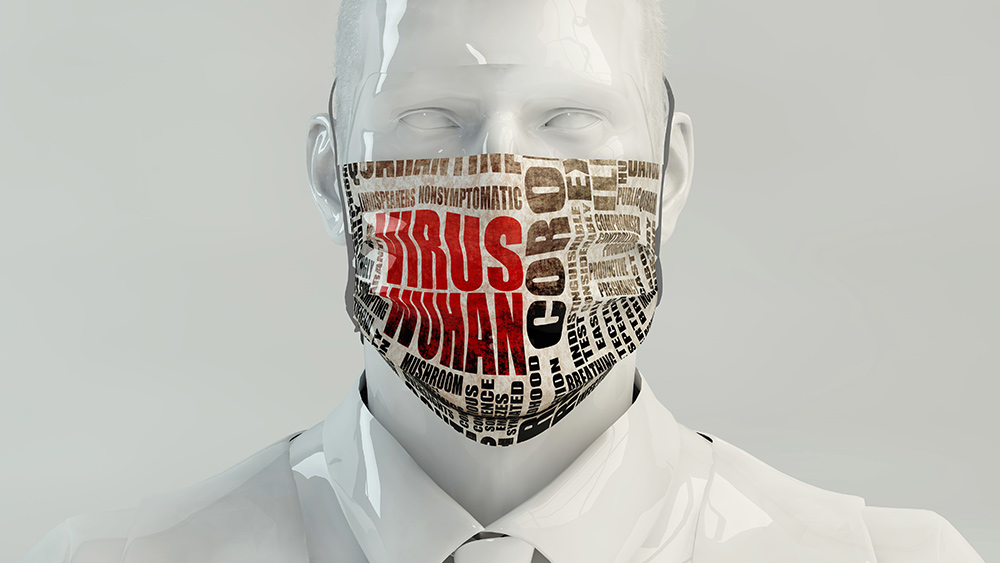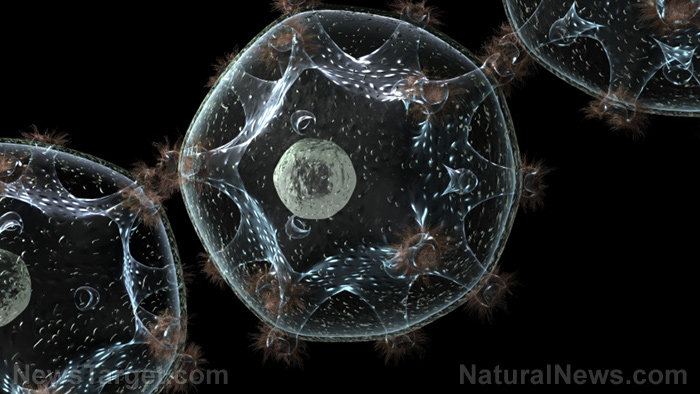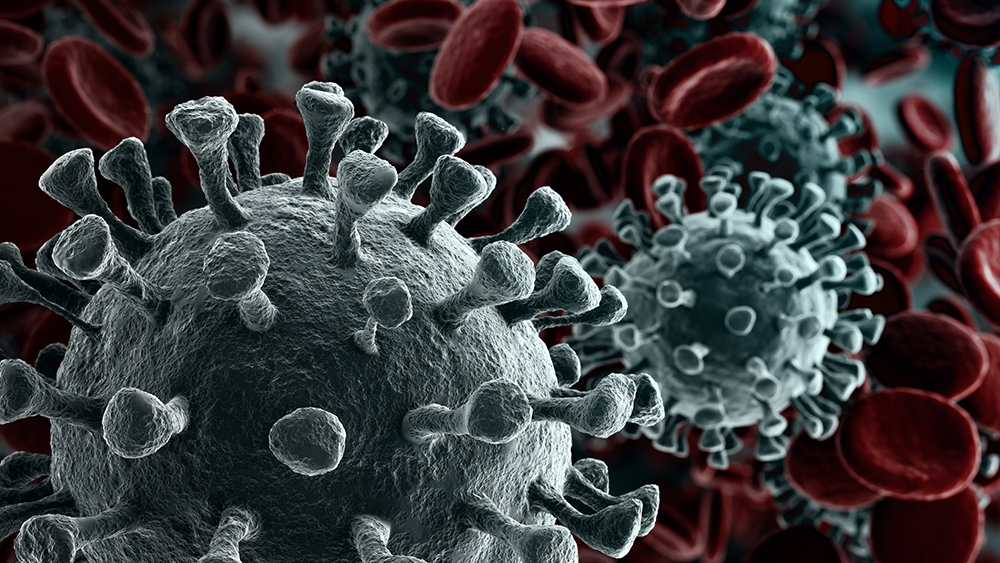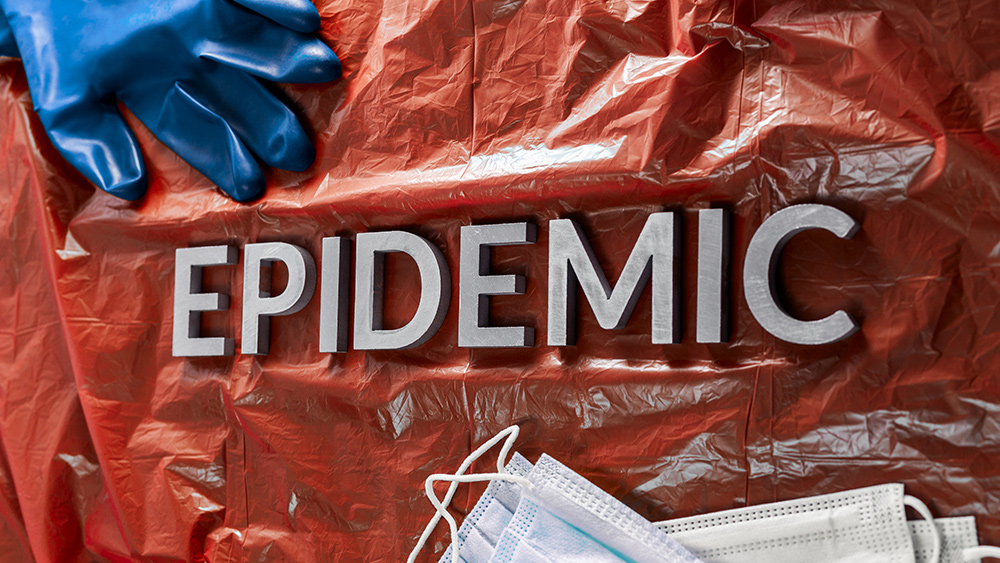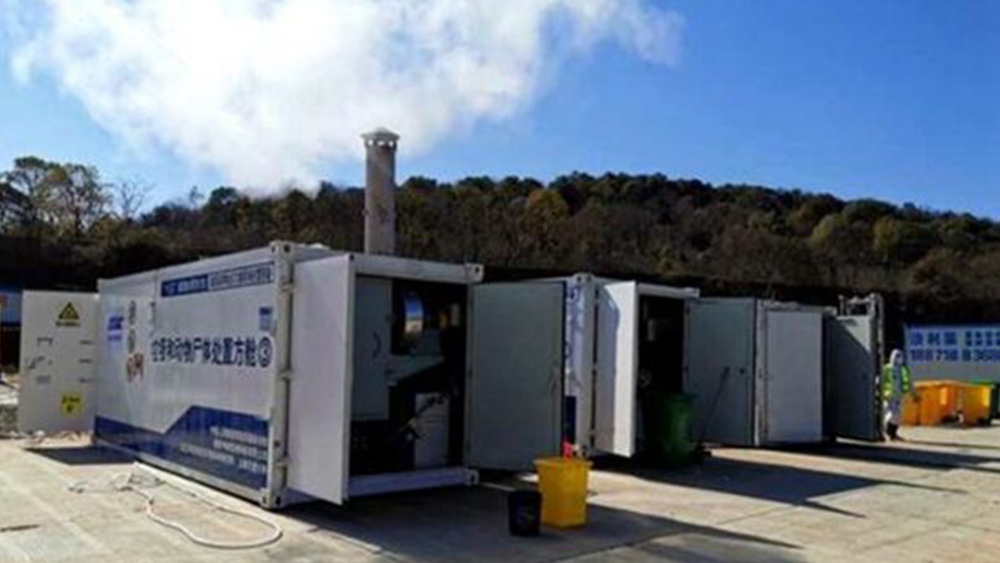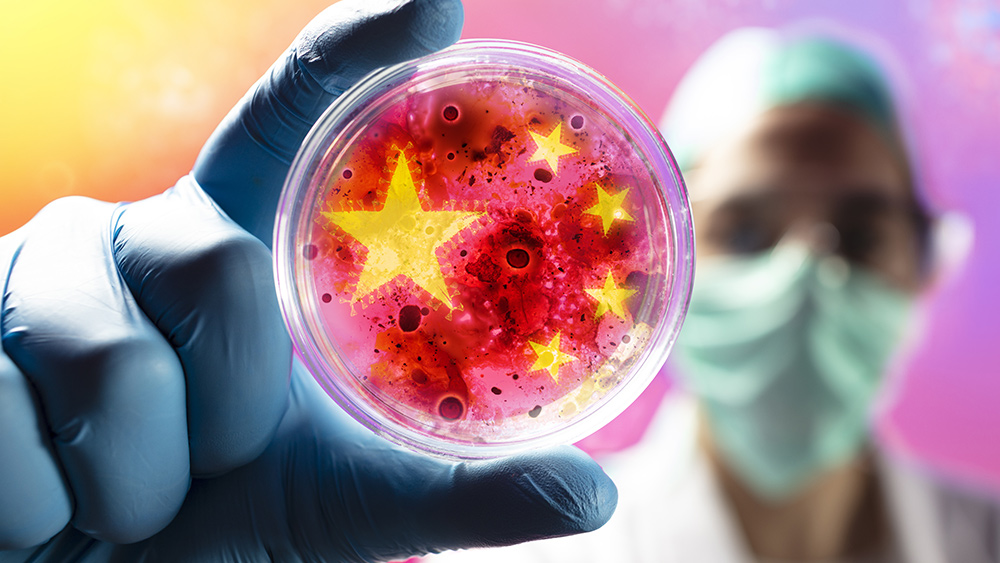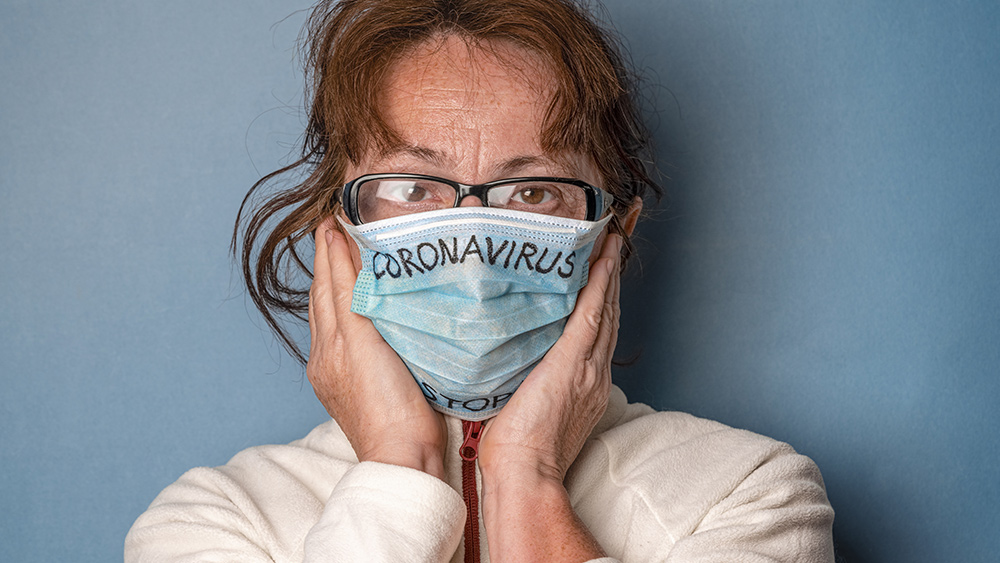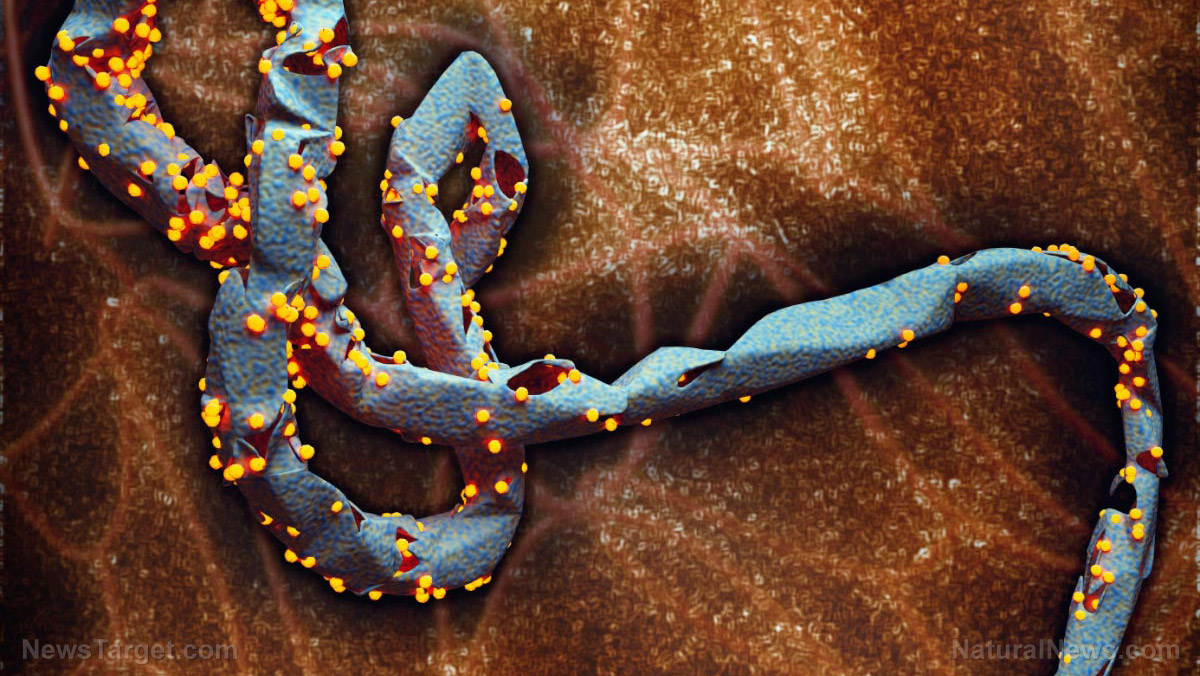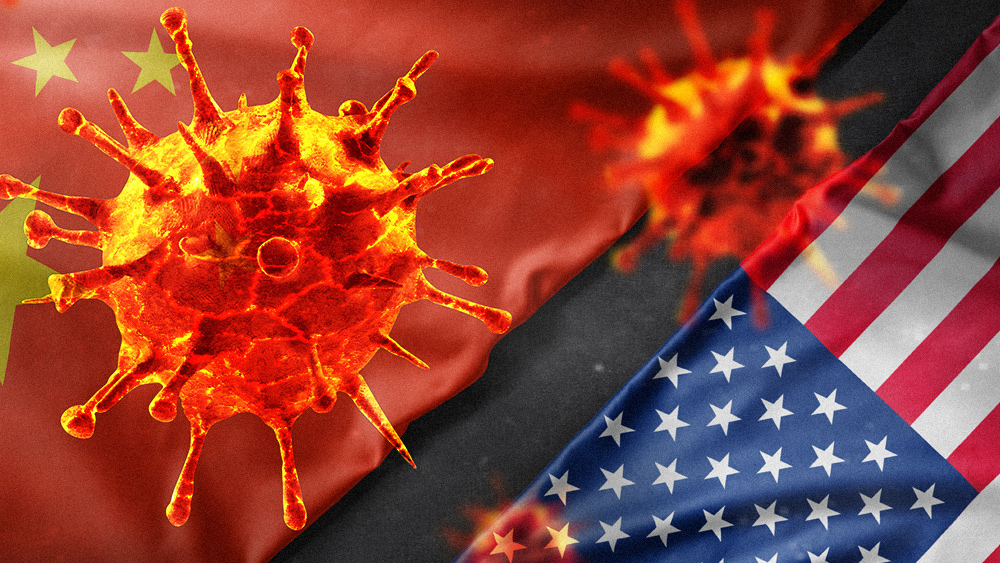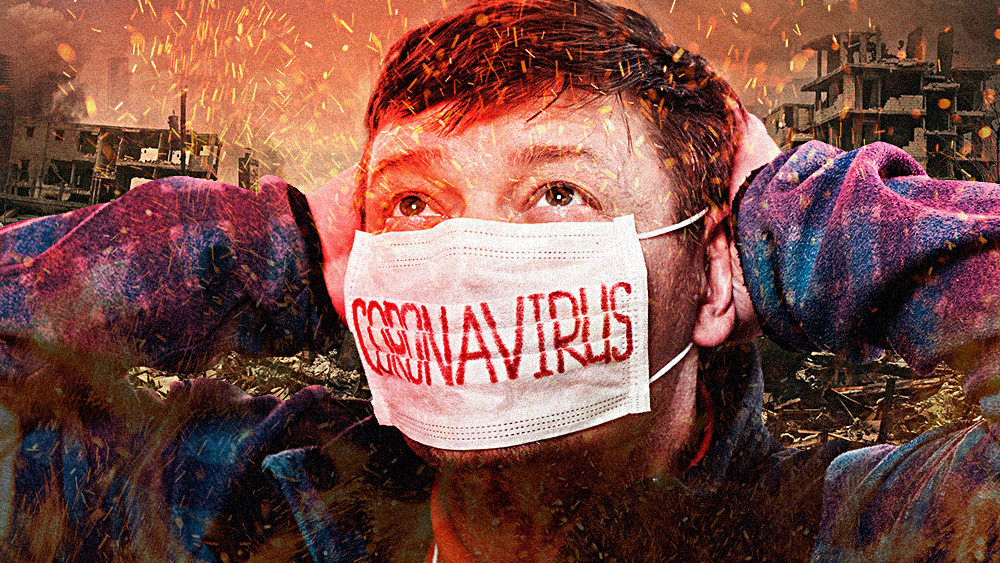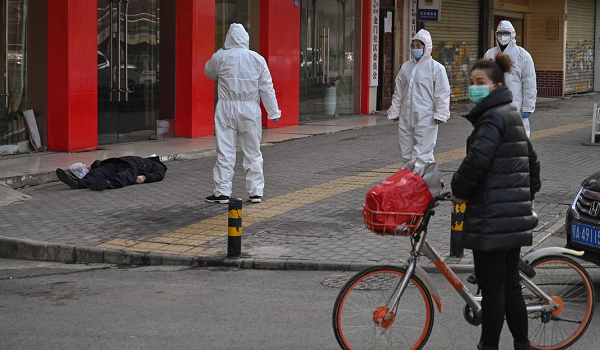No more nightmares: CBD offers potential relief from PTSD symptoms
02/11/2020 / By Evangelyn Rodriguez
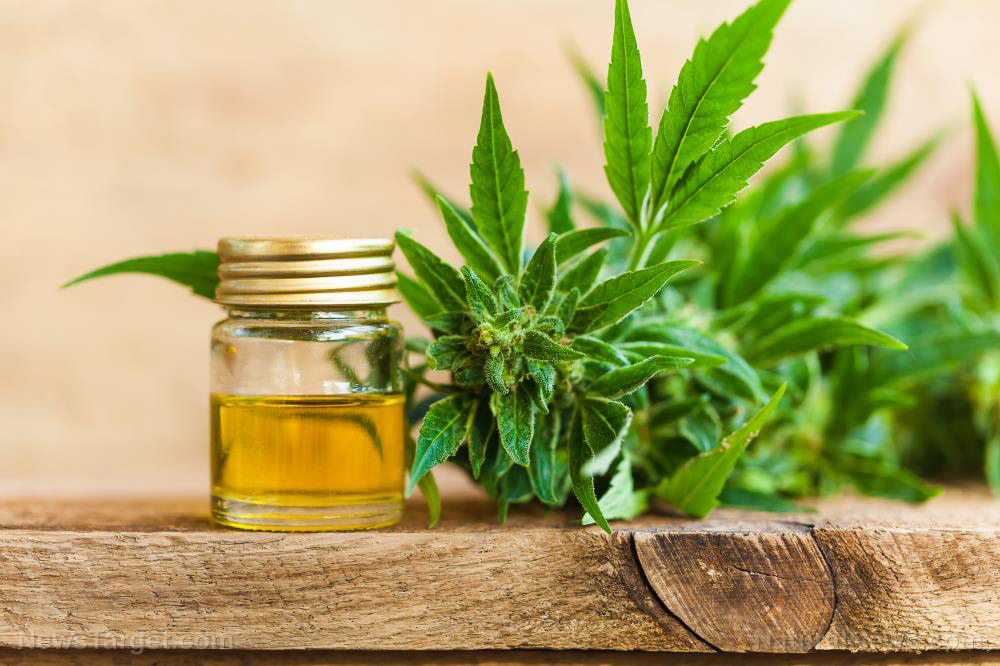
Post-traumatic stress disorder (PTSD) is a psychiatric condition caused by either a stressful, frightening or distressful event, or a traumatic experience. It often manifests in a cluster of symptoms, which include alterations in a person’s mood, arousal and cognition; the avoidance of factors that cause distress; and the re-experiencing of traumatic events through memories or nightmares. In the US, the lifetime prevalence of PTSD is estimated at 6.1 percent. While medications such as serotonin re-uptake inhibitors and anti-psychotics are often prescribed as treatments, these drugs have questionable efficacy and cause undesirable side effects. Hence, psychotherapy is still the preferred first-line treatment for PTSD.
But in a study published in The Journal of Alternative and Complementary Medicine, researchers from Colorado found that cannabidiol (CBD) can effectively reduce the symptoms of PTSD. CBD is an active component of cannabis commonly added to coffee or work-out smoothies to boost their desirable effects. Although it is an essential ingredient of medical marijuana, CBD comes from hemp and does not cause a “high.” The researchers reported that, besides being well-tolerated, CBD also decreased the severity of PTSD symptoms, including nightmares, in outpatients of a psychiatric clinic. This led them to conclude that PTSD sufferers can greatly benefit from oral intake of CBD.
How CBD helps manage PTSD symptoms
According to scientists, PTSD can be linked to dysregulated memory retrieval via reconsolidation and impaired extinction of aversive memories. The latter is said to involve the endocannabinoid system, particularly the central cannabinoid (CB1) receptors. CB1 receptors reside in the brain and play a role in a variety of functions, such as the modulation of excessive neuronal activity to decrease anxiety; the reduction of pain and inflammation; the control of movement and posture; and the regulation of sensory perception, memory and cognitive function.
CBD is known as an activator of the endogenous endocannabinoid system. It has neuroprotective, anti-depressive and anxiolytic properties. CBD indirectly activates the CB1 receptors by increasing the availability of endocannabinoids like anandamide, a CB1-receptor agonist. CBD achieves this by inhibiting the enzyme FAAH that deactivates anandamide. Research suggests that the activation of the endocannabinoid system through this process stops memory reconsolidation and enhances extinction, leading to decreased behavioral response to aversive memories.
The therapeutic and anxiolytic effects of CBD
Based on previous findings from animal and human studies, the researchers hypothesized that oral administration of CBD, together with routine psychiatric care, can decrease PTSD symptoms by increasing the extinction of aversive memories and exerting anxiolytic effects. The researchers looked at the effects of oral CBD on the PTSD symptoms of 11 adult patients at an outpatient psychiatry clinic.
The patients received CBD as part of an open-label, flexible dosing regimen from a mental health professional. They also received routine psychiatric care, including concurrent treatment with psychiatric medications and psychotherapy.
The researchers assessed PTSD symptom severity every four weeks using patient-completed PTSD Checklist for the DESM-5 (PCL-5) questionnaires. CBD treatment lasted for eight weeks. (Related: Safer relief for veterans? New York approves use of medical cannabis for PTSD.)
The researchers reported that 91 percent of the patients given CBD experienced a decrease in PTSD symptom severity, as evidenced by a lower PCL-5 score after eight weeks than at baseline. The mean total PCL-5 score decreased by 28 percent at the end of the treatment. CBD was also well-tolerated and no patients discontinued treatment due to side effects. In addition, CBD offered relief in a subset of patients who reported nightmares as a PTSD symptom.
Based on these results, the researchers concluded that oral CBD treatment combined with routine psychiatric care can safely reduce PTSD symptoms in adults.
Sources include:
Tagged Under: alternative medicine, Anxiety, anxiolytic, cannabidiol, CBD, herbal medicine, Herbs, mental health, natural cures, natural medicine, PTSD, remedies, research, stress relief

